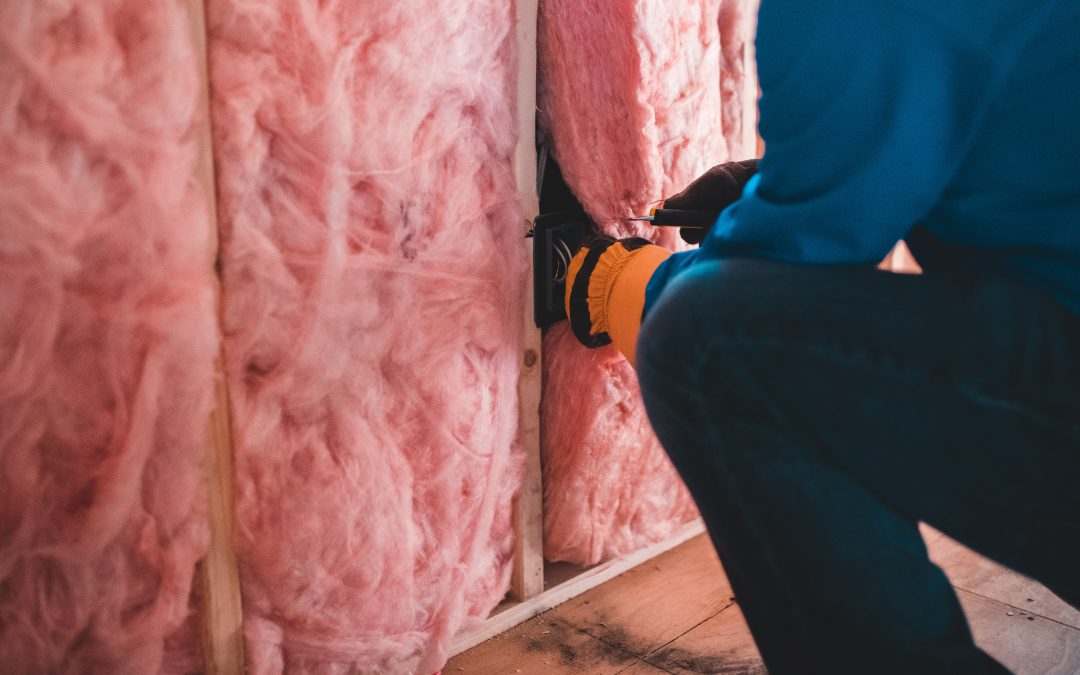
by hppadmin | Jan 26, 2021 | Insulation
The Importance of Good Insulation
Every home should have good insulation. It is what stands between the inside of the home and the outside world. A lot of people don’t know what insulation is, what it does, and why it is important. Without insulation, the temperature in our homes would go haywire. It slows the heat flow from room to room and it ensures that it is captured in one place so that the house remains a controlled, consistent environment. Insulation prevents uneven temperatures in the home and ensures that homeowners stay warm and cozy in the cold winter months.
It does not matter where you live or the size of your home, heat will always flow from the warmest spot to the coldest and adapt to the coldest place in the house. This is why good insulation is important. You might have experienced a room with cold floors even though the heat has been running the whole day. Poor insulation often causes air leakage which causes the heat to escape and cold air to enter the room.
Insulation might seem a bit costly but there are many options out there that can suit your needs. Homes in Arizona might not need the same type of insulation as homes in Colorado, for example. Here are a few things that emphasize the importance of good insulation.
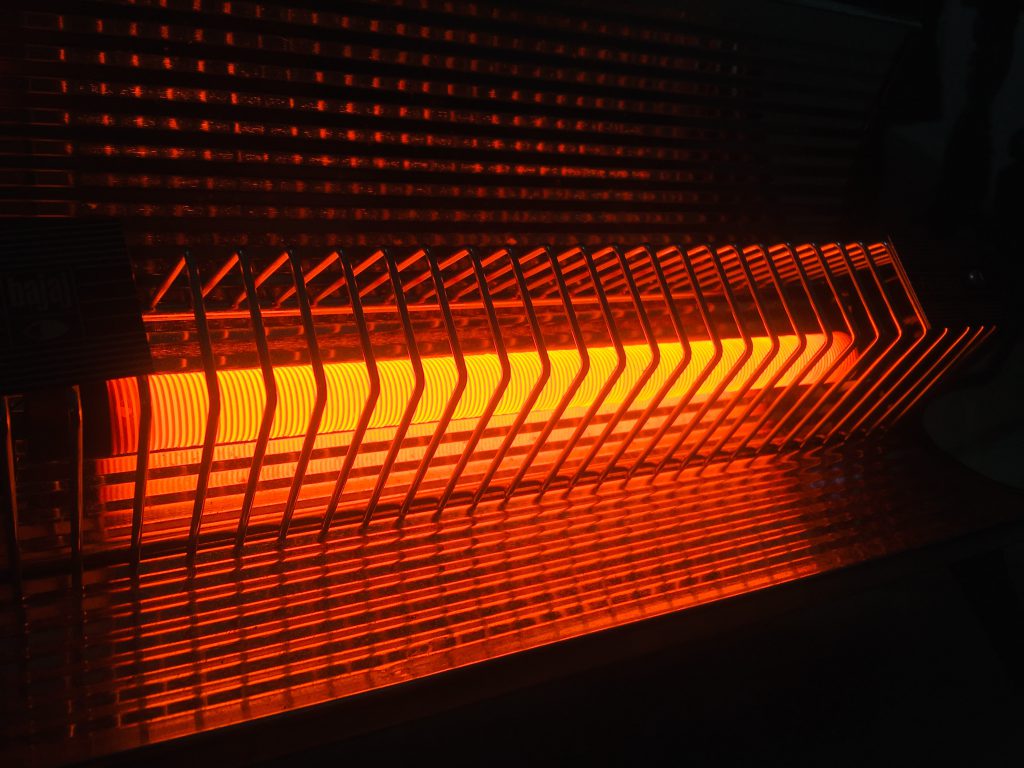
Cold temperatures are easily felt in the morning when you are getting out of bed. Then you still need to get out from under the warm covers and take that horrible trip over cold floors to the kitchen. Good insulation saves 75% of the heat in your home, making it easier for you to get up in the morning and it saves money on your utility bill. Even though it might cost a bit with installation, it will lead to big savings over the longer term.
With the rising concerns over climate change, homeowners are trying to do their best to reduce their carbon footprints. The more energy you consume, the bigger your carbon footprint is. Insulation decreases the amount of energy you consume and it helps you live a more eco-friendly lifestyle. Experts have noted that if all U.S homes are fitted with insulation, residential electricity usage would drop by 5%. It might not sound a lot but every little bit makes a difference..
On the point of living eco-friendly, modern homeowners want homes that are self-reliant and off the grid. Having insulation installed will appeal strongly to the younger generation of homeowners. Statistics show that home values rise at an average of $20 for every $1 reduction in electricity bills. When it comes time to sell, the insulation that you installed will pay back tenfold. Even if you are not thinking of selling, it is always a good idea to think ahead and let your home increase in value.
Colder temperatures have been proven to weaken the immune system, opening it up for illnesses and viruses to take hold of your body. When we step outside, we don’t wear summer dresses or shorts; we put as many layers of clothing on to keep the heat in. So if we do this for the outdoors, why should we be freezing indoors? A warm environment will keep your body at a comfortable level that is not too hot nor too cold, and it will decrease the chances of you getting sick in the winter.
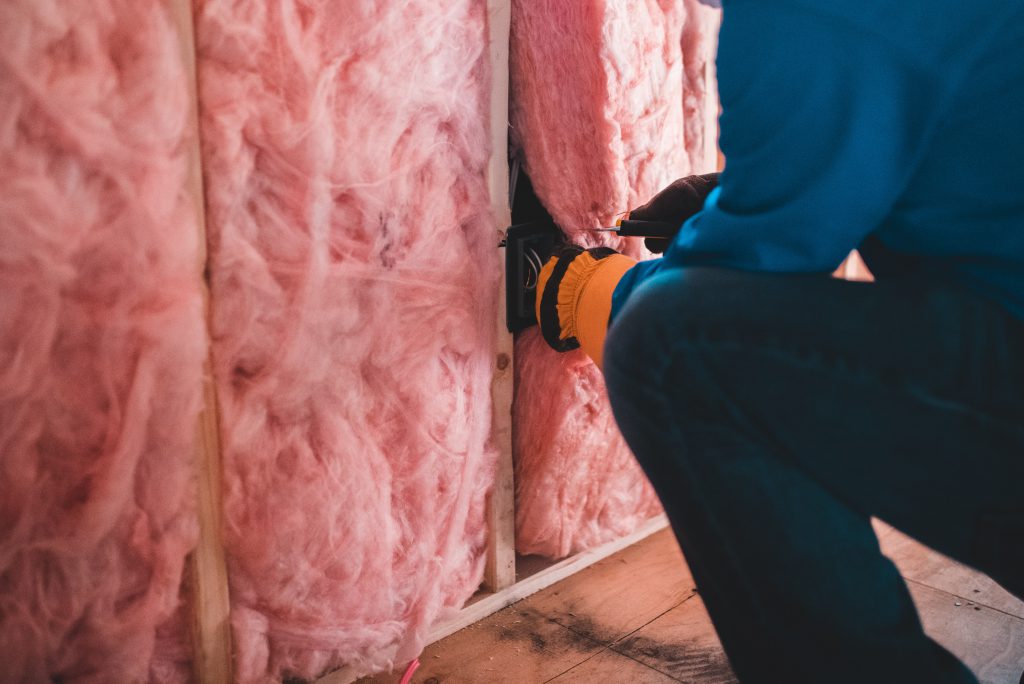
As previously stated, not every home will need the same type of insulation. You might live somewhere where it is cold or chilly throughout the year or you could live somewhere where it only gets colder in the winter. The great thing about insulation is that there are many options to choose from. It does not matter when your house was built, where it is built, how it is built, or how big it is, there is an option that suits your needs. Another benefit of home insulation is that it is usually built in tiers. This means that homeowners avoid massive upfront costs and they gain maximum return on their investments.
Good insulation is an important part of the American home and it is something that homeowners should consider if they don’t already have it. Stop using ridiculous amounts of energy every winter by turning the heat up without feeling a difference. There is a cheaper, more eco-friendly way of being comfortable.
Skilled laborers... publish a Home Pro Partner profile and invite trusted referral partners to your company profile.
Reach new customers with Home Pro Partners, no lead fees, no gimmicks, no hassle.
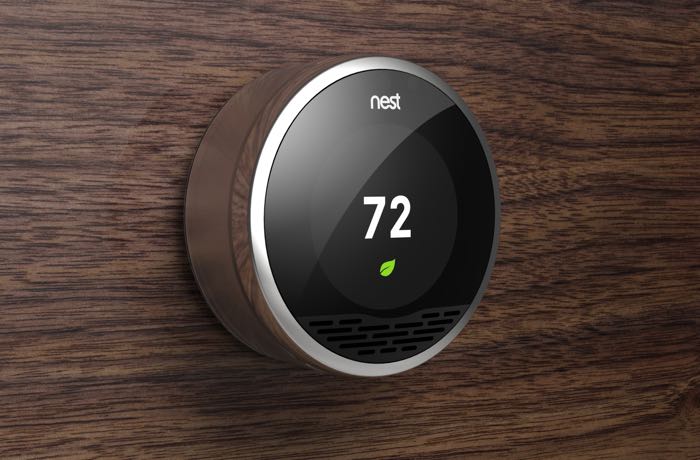
by hppadmin | Nov 14, 2020 | Heating
10 Ways to Save Money on Your Home Heating Bill
With the winter cold season right around the corner, we thought we would give you some suggestions to keep your heating bill from breaking the bank and help save you some money. If you are consistently spending a lot of money on your energy bill, consider checking some of these money saving ideas.
- Get an Energy Audit
- Use a Programmable Smart Thermostat
- Insulate Your Home
- Weather-strip Windows and Doors
- Keep Heat Running
- Reduce Use of Electric Heaters
- Check Storm Windows
- Reduce Heat Loss
- Adjust Your Curtains
- Use Ceiling Fans
When you do an energy audit, it typically includes a series of tests to determine the efficiency of your heating and cooling system. These two to three hour tests may cost anywhere from $250 to $400, check with your utility company though as they may offer a rebate or even do it for free.
One of the easiest ways to conserve energy and save money is to adjust your thermostat for various times of the day. For instance, if you turn down the temperature when you leave your house for extended periods of time or while you are asleep, it can make a big difference. It can sometimes be hard to remember to do this though, we suggested getting a smart thermostat like a Google Nest so that it will make the adjustments for you automatically.
In general, try to keep your house as cool as possible during the winter. You can always put on additional clothes or a comfy blanket to warm up.

The Department of Energy has a website you can visit to help you determine how much insulation your home needs. Using that information you can decide if you need to add additional insulation to your home, older homes especially might need an upgrade. Insulation basically keeps the warm air inside your house for a longer period which reduces how often your furnace needs to run, this also works in the summer with cool air and your air conditioner.
Did you know that the average home has heat loss of 25-30% of total heat usage. Much of this heat loss occurs due to having unsealed or improperly locked windows and doors. It is extremely affordable these days to buy weather stripping for your windows and doors, all major home improvement companies carry various options for you to use. Make sure you clean the surfaces very well prior to adhering the adhesive-backed strips to your surfaces.
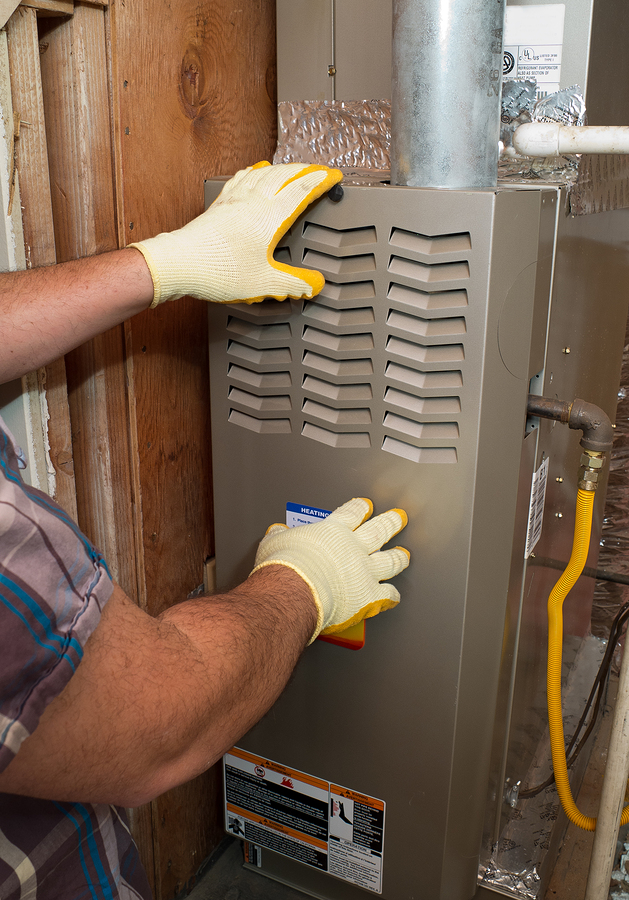
We discussed adjusting your thermostat to reduce wasted energy, some people take this too far and think they can save even more by constantly shutting off and turning their heat back on throughout the day. Believe it or not, this is actually more expensive than simply adjusting the temperature in smaller increments.
First off it takes quite a bit of energy to reboot your furnace all the time and it takes more time and energy to bring the heat back up to a comfortable level. Even if you plan to be going for a long period, like going on vacation. It is better to simply lower the temperature way down, plus it will prevent your pipes from freezing!.
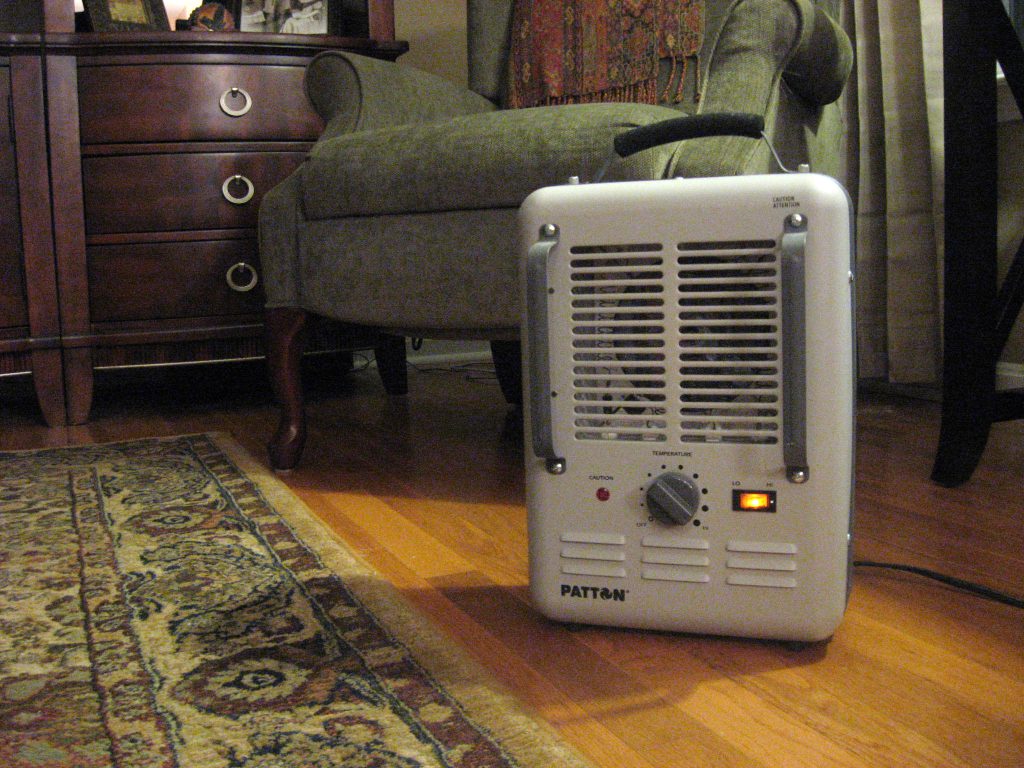
Electric heaters also known as a space heater can seem like a logical solution to provide some extra warm air in your home, the problem is they require a lot of energy which of course drives up the cost of your electric bill each month. With that said, it will lower your gas bill, so it ultimately depends on your location. It may be cheaper to reduce electricity than it is to reduce your gas bill.
If you have to use a space heater, be sure to only use them in rooms that are critical to your daily routine. For instance a small office that is always cold no matter how high the thermostat is set to. We recommend keeping it away from windows and turn them off prior to going to bed.
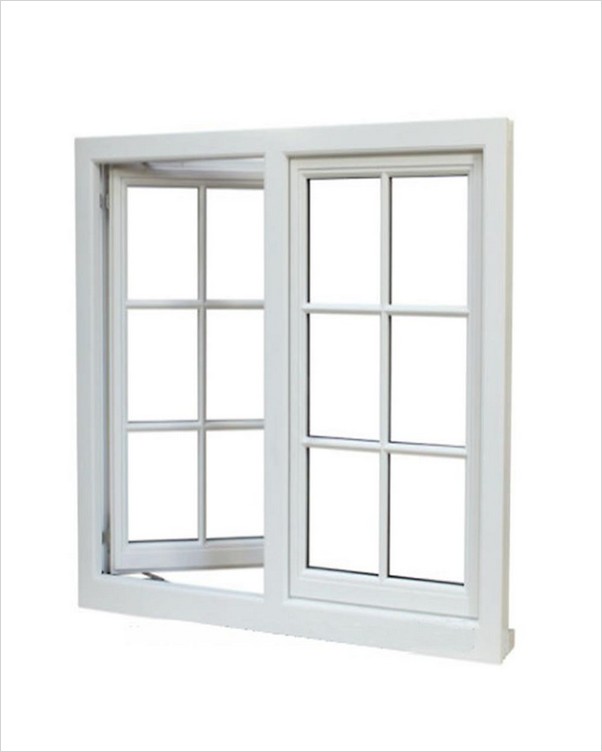
Managing storm windows used to be a big time-consuming process, now though, new storm windows can open and close and be left on your home year-round. You can also get them with low-emissivity coatings to reduce heat loss. You will see the biggest savings when you use storm windows over single-pane windows.
If you have aluminum windows, you should not use storm windows as there could be heat buildup between the two windows and will damage the aluminum.
There are many ways heat loss can occur, for instance it can leak through your light switch and outlet boxes in your walls, use foam gaskets behind the plates to prevent loss. Do you have an in-window air conditioner? If you do, it’s best to remove it for the winter months and close the window. Check your dryer vent, are there flaps on it and are the flaps working correctly? If you have a fireplace, close the damper when not in use – remember to open it though when you start a fire.
The sun is a powerful, renewable energy source for generating a bit more warm air within your home. Every morning, open up all the curtains where the sun will shine in, at night close the curtains to trap the heat in.
A ceiling fan has two directions it can spin, during the summer months it should spin in the direction to pull the air upwards, but during the winter months you should reverse the direction to push the warm air that has collected at the ceiling to be pushed down.
Skilled laborers... publish a Home Pro Partner profile and invite trusted referral partners to your company profile.
Reach new customers with Home Pro Partners, no lead fees, no gimmicks, no hassle.









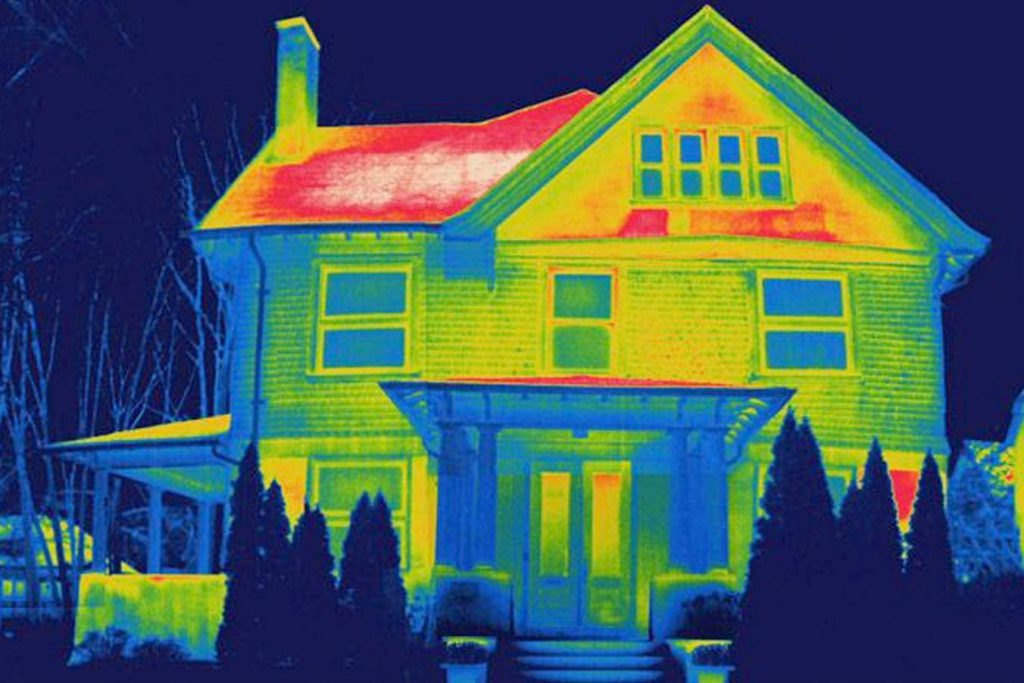

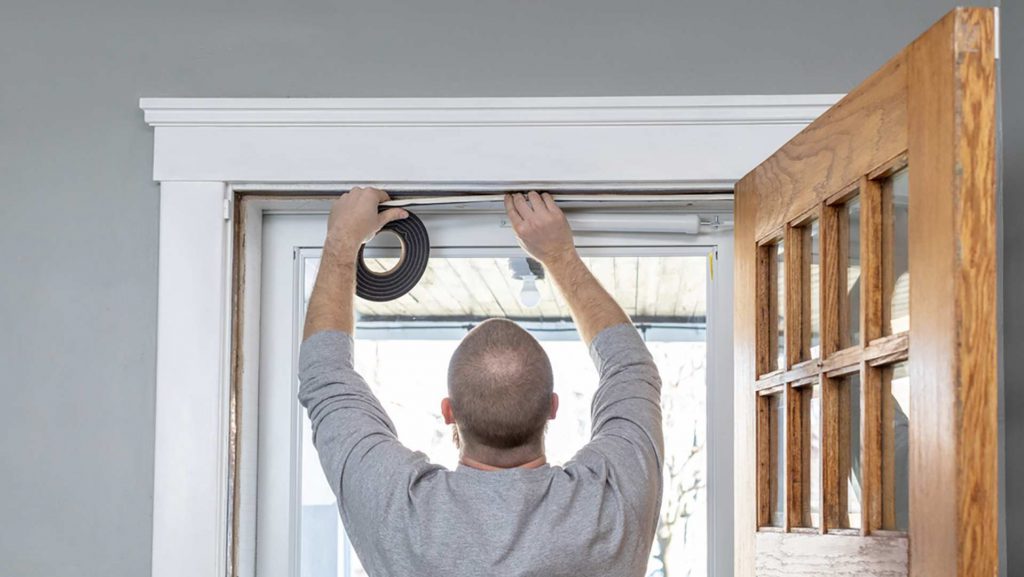



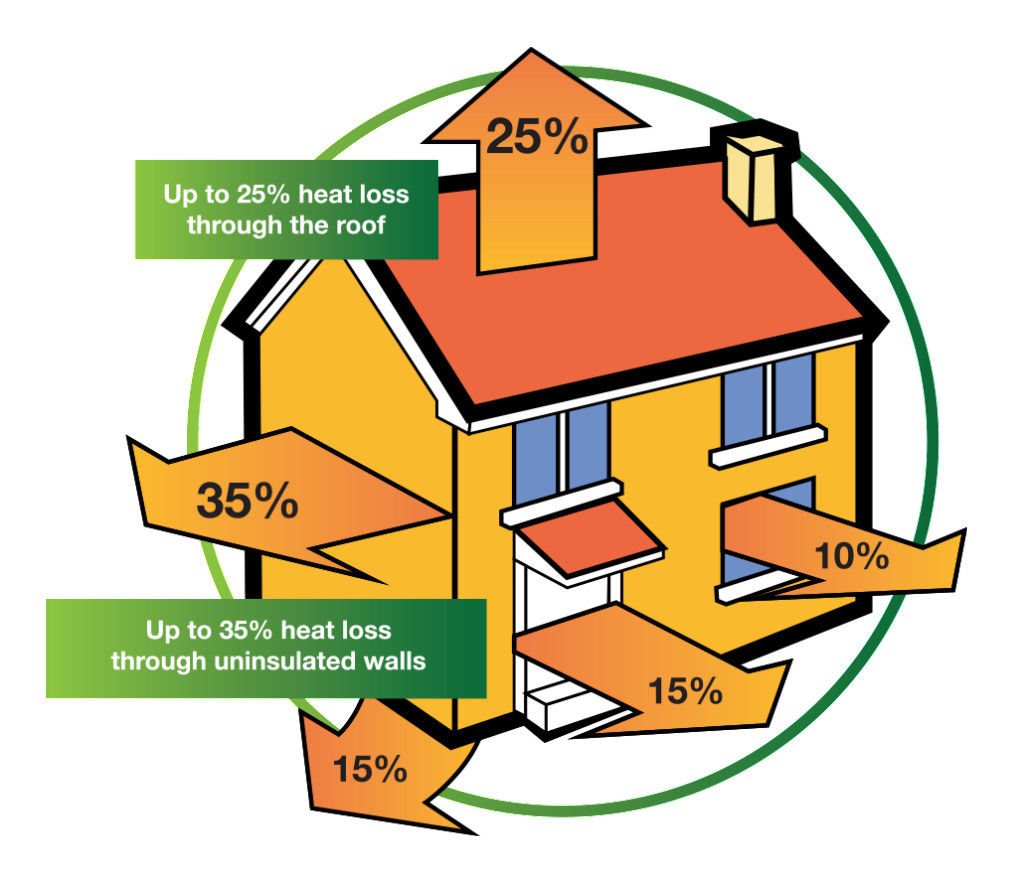
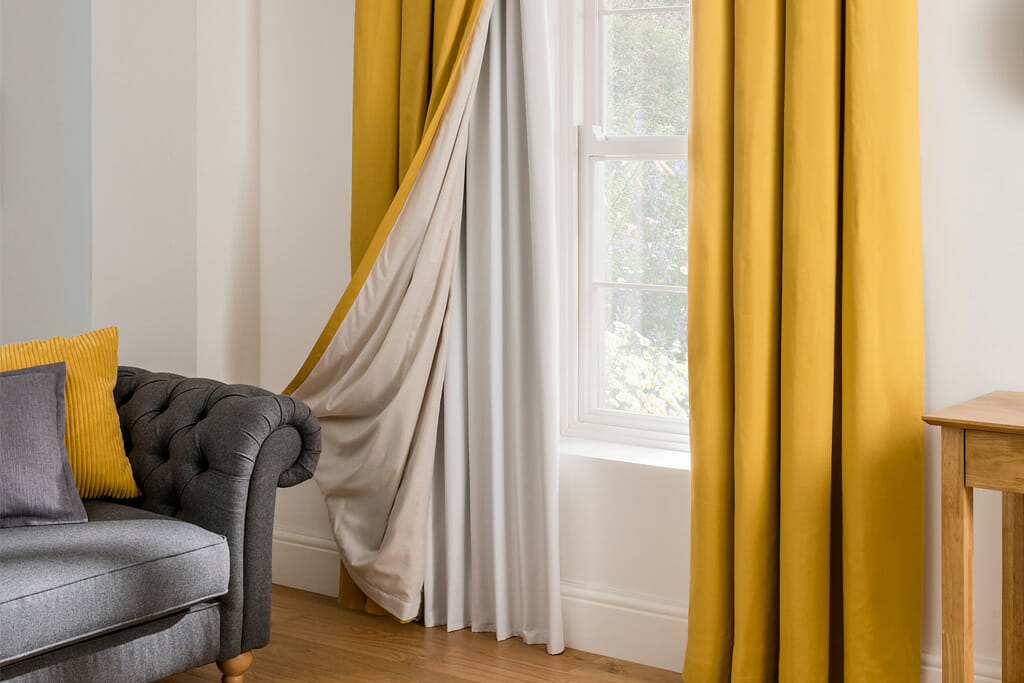
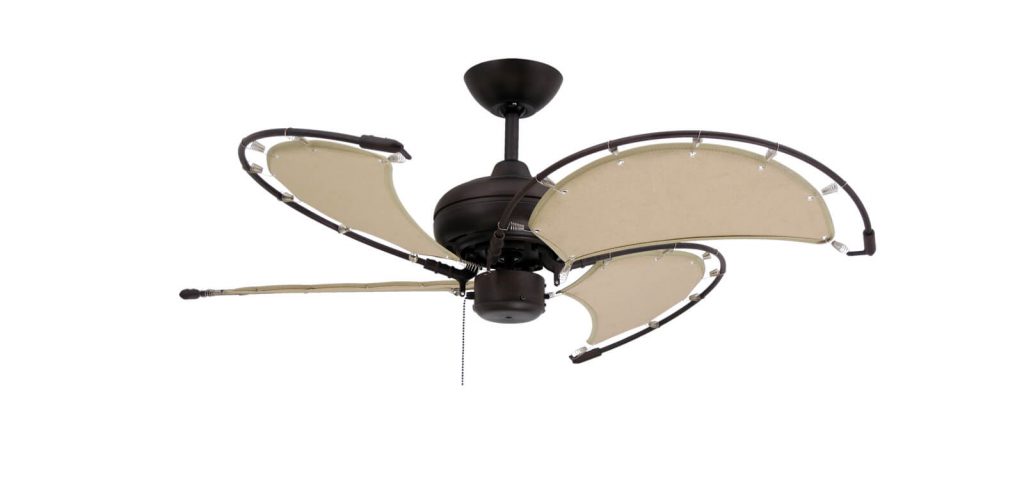
Recent Comments